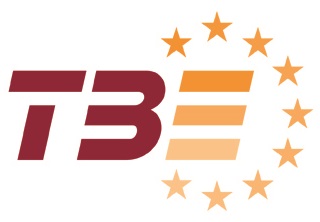The European Commission published the new circular economy package to shift from a linear to a more circular economy. This more realistic package comprises an EU Action Plan for the Circular Economy with 54 measures covering the whole life cycle: from production and consumption to waste management. The package also includes a revised legislative proposal on waste which sets new targets to reduce waste. Given the inert nature of fired clay, most ceramic products can be recycled, recovered or reused after the end-of-life stage.
Cerame-Unie highlights the need of having a good system for collection, sorting and separation of waste. By doing this, the quality and quantity of materials available for recycling will improve drastically.
Due to the long lifespan of ceramic products and the fact that in some sectors over a third of the production is exported outside the EU, the quantity of secondary material available after the end-of-life stage is often insufficient. In addition, the chemical transformation of clay to ceramics does not allow for 100% closed loop recycling but provides a valuable input for open loop recycling. As a result, virgin material remains a requirement within the supply chain.
The first reading vote in the European Parliament ENVI Committee took place on 24 January 2017 and Cerame-Unie prepared voting recommendations.
Read our Position Paper
















